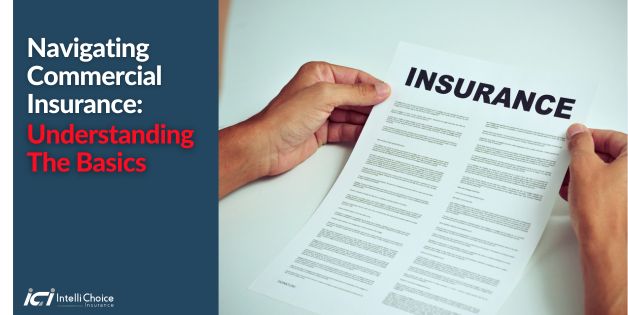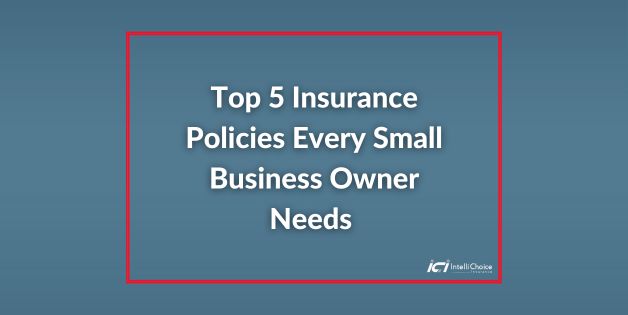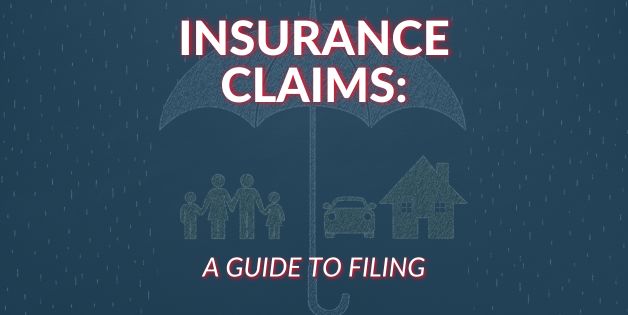
Businesses of all sizes need protection against a range of potential threats and liabilities that only commercial insurance can provide. Understanding the basics of commercial insurance is essential for business owners to ensure they have the appropriate coverage to safeguard their assets and mitigate financial risks.
Commercial insurance encompasses various types of coverage tailored to address different aspects of business risk. Common types of commercial insurance include:
General Liability Insurance
Protects businesses against claims of bodily injury, property damage, and advertising injury.

Property Insurance
Provides coverage for physical assets such as buildings, equipment, inventory, and furnishings against perils such as fire, theft, and vandalism.
Business Interruption Insurance
Helps cover lost income and expenses when a business is unable to operate due to a covered event, such as a natural disaster or property damage.
Workers' Compensation Insurance
Provides benefits to employees for work-related injuries or illnesses, including medical expenses and lost wages.
Commercial Auto Insurance
Covers vehicles used for business purposes against accidents, theft, and liability claims.

Professional Liability Insurance
Protects professionals (e.g., doctors, lawyers, consultants) against claims of negligence or errors and omissions in the performance of their services.
Customization Options
Commercial insurance policies can be tailored to meet the specific needs and risks of different industries and businesses. Business owners can customize their coverage by selecting appropriate policy limits, deductibles, and additional endorsements or riders to address unique risks.
Importance of Risk Assessment
Assessing the risks faced by your business is crucial for determining the types and amounts of coverage needed. Conducting a thorough risk assessment can help identify potential vulnerabilities and areas where additional insurance protection may be warranted.

Legal Requirements, Consultation and Review
In many cases, businesses are required by law to carry certain types of commercial insurance. For example, workers' compensation insurance is mandatory in most states for businesses with employees, while commercial auto insurance is required for vehicles used for business purposes. Working with an experienced insurance agent or broker, like Intelli Choice, can help business owners navigate the complexities of commercial insurance and ensure they have the appropriate coverage in place. Regularly reviewing and updating insurance policies is essential to adapt to changing business needs and mitigate emerging risks.
Commercial insurance is a vital tool for protecting businesses against a wide range of risks and liabilities. By understanding the basics of commercial insurance and working with Intelli Choice's knowledgeable professionals, business owners can make informed decisions to safeguard their assets and ensure the long-term success of their enterprises.































